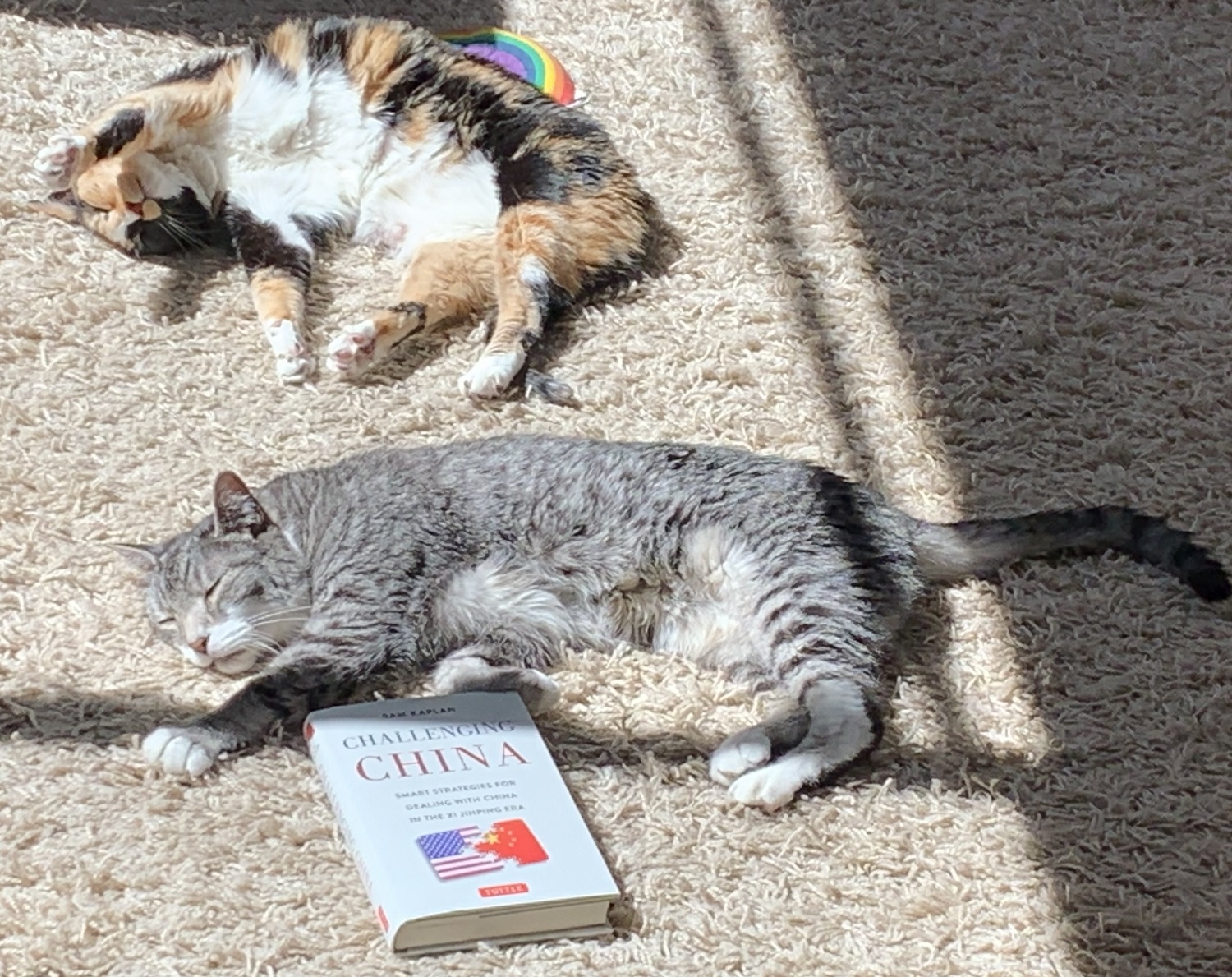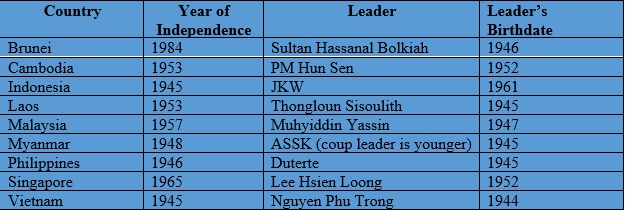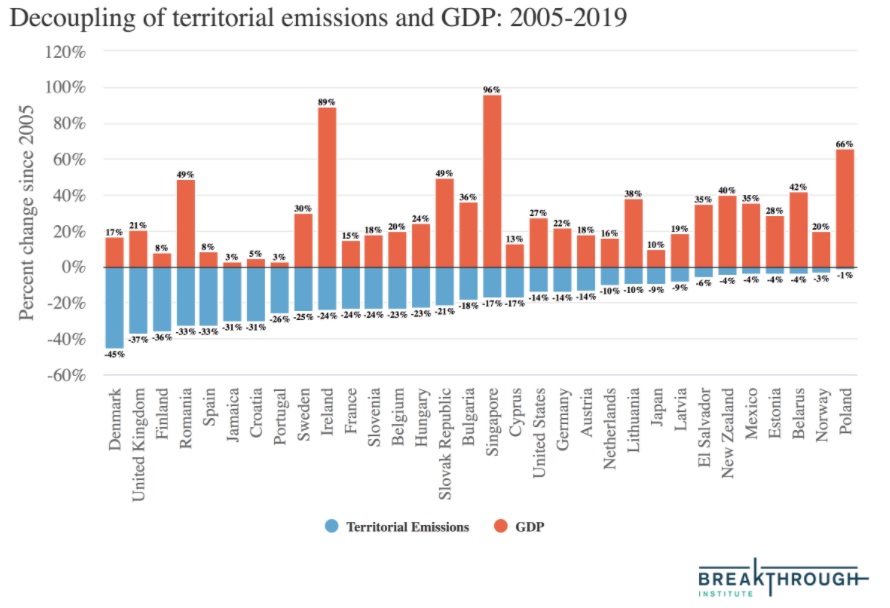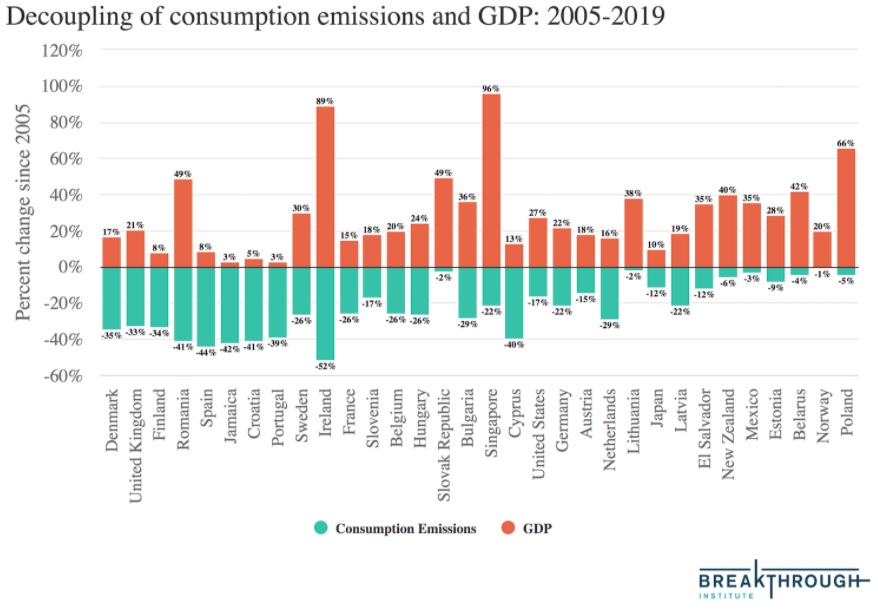By this time next week, Challenging China, will be in bookstores, hanging with the likes of Walter Isaacson, Ta-Nehisi Coates and that old rascal Tolstoy. It will be like a cute puppy or kitten at a quaint shelter, eying people walking through the store, putting its best foot forward, in hopes of going home with them. It will, we hope, inform and entertain these new book parents. Of course, it may occasionally anger them and it’s possible they will want to take a rolled up newspaper and swat the book on occasion. But, it is our hope, even on such occasions, that the book owner will step back, reflect and realize the book only has the best of intentions, even if they may not agree with all its behavior, er, assertions.
We hope you, dear readers of International Need to Know, have already pre-ordered your books, or if not, will stop before even getting to the end of this sentence, click on this link and do so now. If you have no sense of delayed gratification, you can already buy and download the E-book version. And, we hope you will read the book soon after receiving it, and send us feedback, perhaps write a positive book review on Amazon or elsewhere. As you prepare to hug, adore and adopt our pet project, we bring you the old men of Southeast Asia, how economies have decoupled from CO2, and the implications of China’s Dual Circulation Policy. It’s this week’s International Need to Know, proud of and expectant for the official release of Challenging China on April 20th.
Putter has already laid claim to our book. Willow reaches out plaintively asking for you to buy her a copy too. Don’t deny Willow, order the book today.
I’ll be talking about China, and my book, at two upcoming virtual events. On April 22nd, in a conversation with the World Trade Center and the World Affairs Council Tacoma, and on April 28th, in a conversation with the Christian Science Monitor’s Ann Tyson for the Washington State China Relations Council. Sign up early and often.
Without further ado, here’s what you need to know.
The Old Men of Southeast Asia
When peering through the fog of the end of a pandemic, certain items stick out more than others and since demography is one of our obsessions, Ben Bland’s tweet, of the Lowry Institute, pierced right through the haze. He points out that of the “nine Southeast Asian countries that were colonised by Western powers, only one currently has a legitimate leader who is younger than their country.” Other Southeast Asian countries also have old leaders but if you became a country, or gained your independence after colonization, well, then, it turns out even 70 or 80 years later, your country is still younger than your leader. As you can see in the list below, this is not a list chock full of democracies, but rather of monarchies, dictatorships and coup-ridden countries. But even the democracies below have leaders older than their countries. Of course, the U.S. has a president older than any of these guys (and they are all guys). But, he’s still much younger than America, which ditched its colonial rulers over 200 years ago. So, let’s check back in on Southeast Asia in about 150 years…maybe sooner.
The Important Decoupling
When we listen to NPR or read the paper, we are amazed at the narrow channel of what is considered news nowadays. As for forever, it is almost always focused on what is going wrong in the world that day, but it is also within a narrow band of information that encompasses only crime, immigration, gender and strife in industry. All worthy topics but ignoring some big-picture, long-term information that has at least as big an impact as those issues. For example, you probably missed the news this week, because nobody reported on it, that “32 countries with a population of at least one million people have absolutely decoupled emissions from economic growth, both for terrestrial emissions (those within national borders) and consumption emissions (emissions embodied in the goods consumed in a country).” In other words, more and more countries are able to grow their economies while reducing their greenhouse gas emissions. Economic growth is no longer tied to dirty energy sources. As you can see in the chart below from thebreakthrough.org, in the last 15 years it is becoming more common for an economy to grow robustly and reduce climate changing gas emissions. Ireland and Singapore have been particularly successful at growing their economies and decreasing their emissions, but even the United States, with presidents of varying ideologies during that time period, continue to accomplish this feat. This positive phenomenon will accelerate in the coming years. In fact, there is some evidence that global emissions peaked in 2019. More on that soon.
China Corner: Dual Circulation
When last we met, we reported on H&M getting in trouble for having a statement on their website asserting that they will not use cotton made by forced labor and then after being attacked in China, taking that statement down. Let’s ponder this issue in terms of China’s Dual Circulation policy. There seem to be many interpretations of this policy but essentially China wants to increase domestic demand while continuing to export around the world. Who wouldn’t? But, as part of this policy, China wants to make sure they are self-sufficient, that they don’t have to rely on other countries for microchips, food, or other critical needs. As China works to build up domestic industry, they will continue to disadvantage foreign companies. In other words, China will continue to decouple from the world economy, or at least selectively do so. That may not be a big deal for a retailer like H&M, except in the wake of H&M’s troubles, lots of Chinese clothing brands stepped into the breech, and we read many stories about the ascent of Chinese brands in China serving the well-to-do Chinese consumer. Trying to be self-sufficient and advantage your own companies, and punish other companies for not toeing to your authoritarian line, will be an interesting and dangerous dance. We predict this will not be as easy to do as Chinese leaders think. They may end up like an old ballerina, arthritic and bitter.





